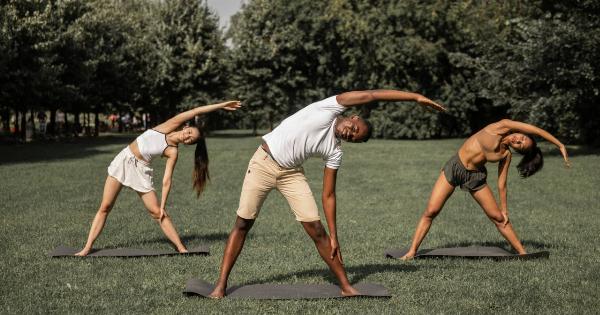Walking is an excellent and easy-to-do form of exercise that offers numerous benefits. Whether it’s for fitness, mental health, or just to get out into nature, a daily walking routine can help you feel better and live a healthier life.
But, did you know that there are various types of walking that you can do to promote optimal health? In this article, we’ll discuss the seven kinds of walking that can help you get the most out of your walking routine.
1. Power Walking
Power Walking is a brisk walking technique that involves swinging your arms and walking at a faster pace than usual. This type of walking is excellent for cardiovascular health and helps to tone your leg muscles.
To properly power walk, you should swing your arms while walking and keep your pace between 3.5 to 5.0 miles per hour.
2. Nordic Walking
Nordic Walking, also known as pole walking, involves a pair of walking poles and a walking technique that engages the upper body and core muscles while walking.
Nordic walking provides a full-body workout and can help to improve cardiovascular health, reduce joint pain, and burn more calories than regular walking.
3. Hill Walking
Hill walking, also known as trekking, involves walking up and down steep hills or mountains.
Walking uphill requires more effort and engages more muscles, which can help to increase cardiovascular fitness, build leg muscles, and improve balance and coordination. Hill walking also provides an excellent opportunity to get outside, explore new places and reduce stress.
4. Interval Walking
Interval Walking is a type of walking that involves alternating between different intensities in a single workout. This technique helps to challenge your body and burn more calories.
For instance, you can alternate between brisk walking and slow walking or jogging for short periods of time. Interval walking is a great way to increase your cardiovascular fitness, improve endurance, and add variety to your workout.
5. Treadmill Walking
Treadmill Walking is an excellent alternative to outdoor walking, especially in inclement weather conditions. With a treadmill, you can control your walking environment and set your own pace and incline level.
Treadmill walking can help to improve cardiovascular health, strengthen your leg muscles, and burn more calories. Additionally, walking on a treadmill can help to reduce stress and improve mental health.
6. Barefoot Walking
Barefoot Walking involves walking without shoes or wearing minimalist shoes that simulate walking barefoot. Walking barefoot can help to improve balance, strengthen the foot muscles, and reduce the risk of foot injuries.
Additionally, walking barefoot can help to improve posture, reduce back pain, and increase sensory feedback.
7. Mindful Walking
Mindful Walking is a type of walking meditation that involves walking slowly and intentionally, focusing on your breath and your surroundings. This technique can help to reduce stress, improve mental clarity, and increase awareness.
Mindful walking is an excellent way to connect with nature and bring a sense of calm and clarity to your day.
In Conclusion
Walking is an easy and accessible form of exercise that can help to improve your health and well-being. By incorporating different types of walking into your routine, you can experience greater health benefits and add variety to your workout.
Whether it’s power walking, hill walking, or mindful walking, there’s a type of walking out there for everyone. So, grab your walking shoes and explore the great outdoors!.

























